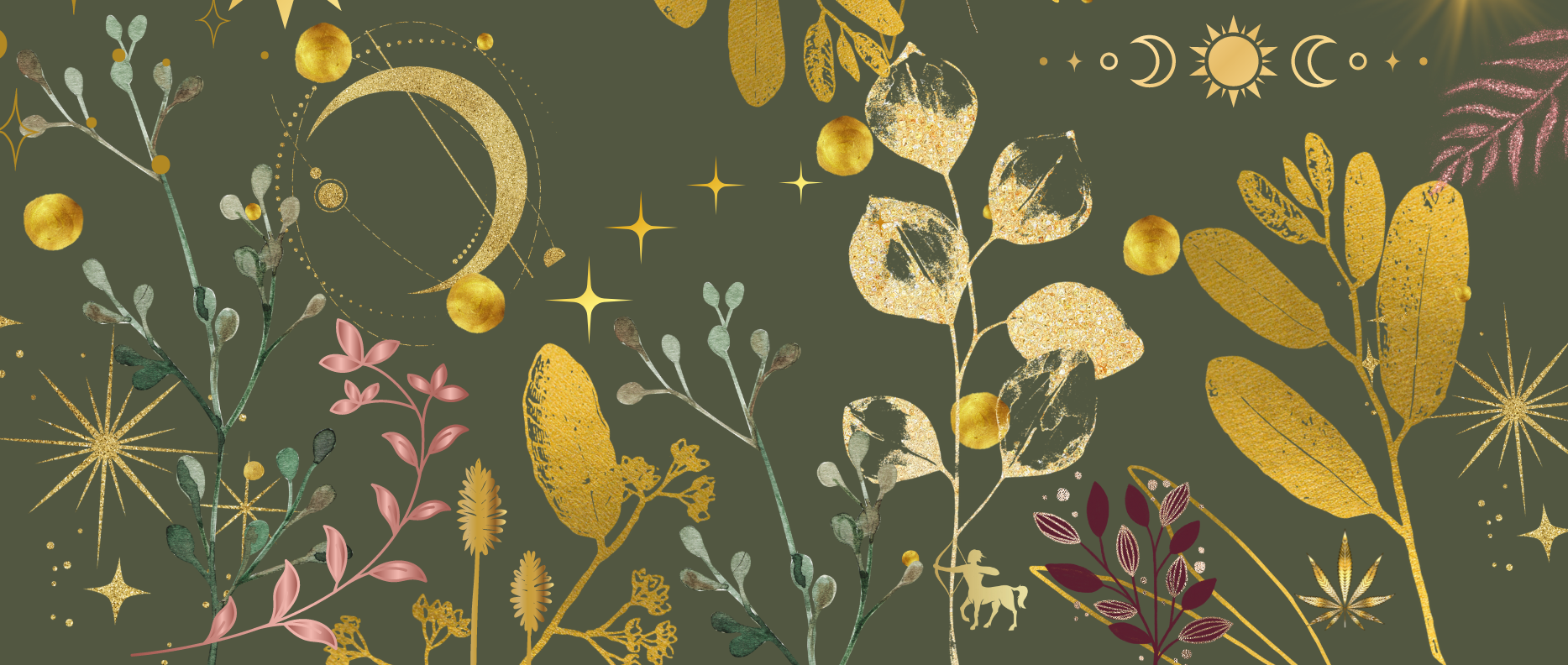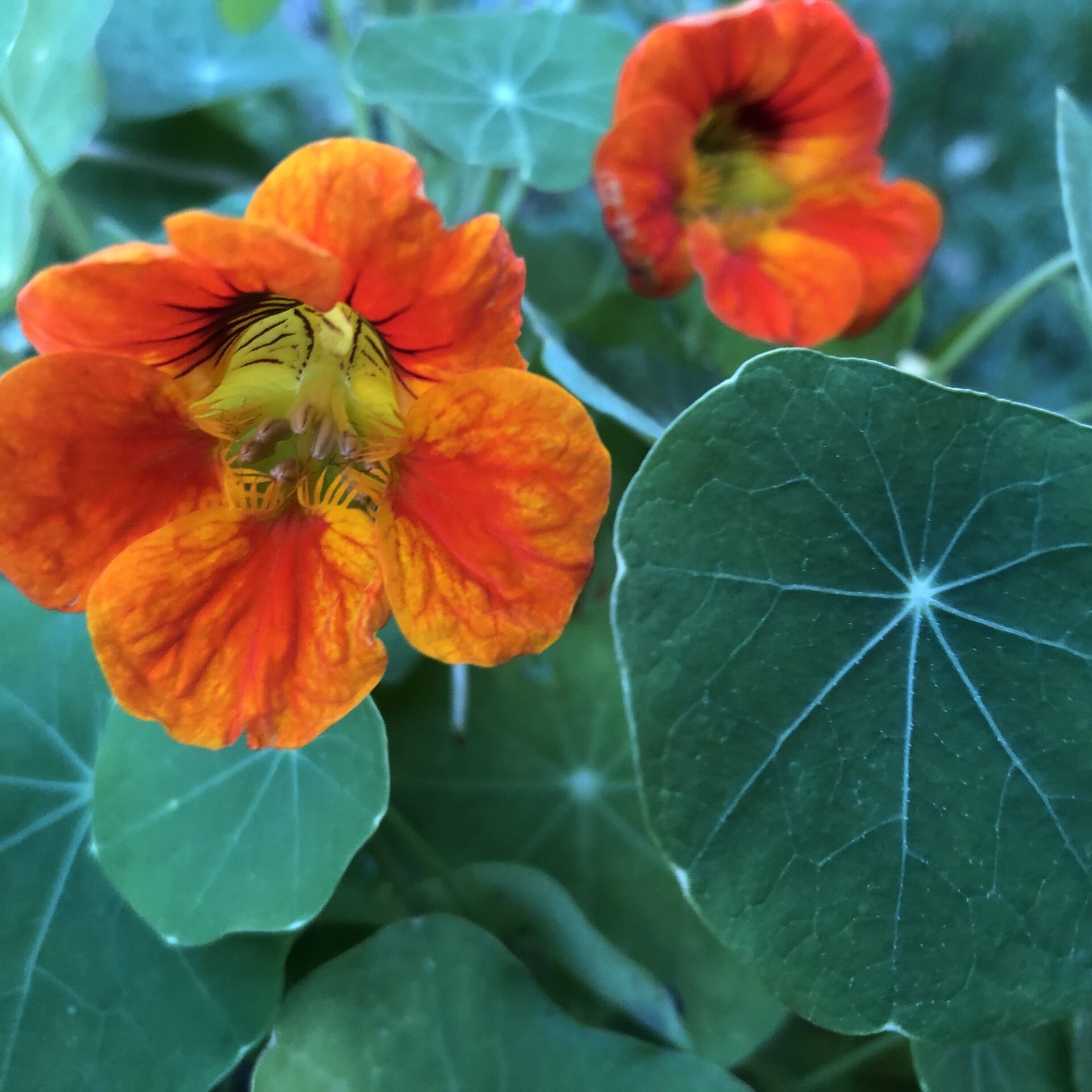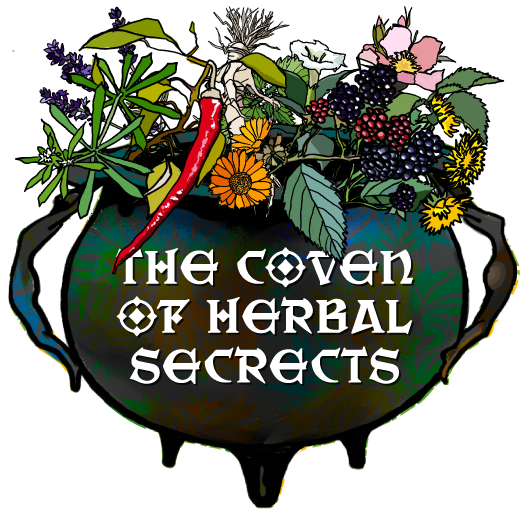 Opening the newspaper to thumb to the back and find the astrology section, what are Scorpios or Geminis going to be up to this week? What planetary foolery will be influencing the way our worlds go around? Who used to love that as a teen? Still do actually? Yup, us too! But one of the first assignments we were given to write about whilst at University studying herbal medicine was Herbal Astrology – the history and influences on modern medicine. There was a whole lot more to know than just the sun sign stuff, and it seemed that the major go-to herbalist was Nicholas Culpeper.
Opening the newspaper to thumb to the back and find the astrology section, what are Scorpios or Geminis going to be up to this week? What planetary foolery will be influencing the way our worlds go around? Who used to love that as a teen? Still do actually? Yup, us too! But one of the first assignments we were given to write about whilst at University studying herbal medicine was Herbal Astrology – the history and influences on modern medicine. There was a whole lot more to know than just the sun sign stuff, and it seemed that the major go-to herbalist was Nicholas Culpeper.
At Uni, it was a challenge to find much more than simple mentions of planetary associations with plants in various herbals. But we knew that all of it was just scratching the surface of something much deeper and potentially hugely beneficial as a support to herbal practice. After a year of study with the London School of Astrology, we learned the qualities of the planets, the zodiac, the basics of the houses, Chiron, what trine and squared mean in astrological terms and it all started to make a little more sense.
History of Astrology
“It is the stars, The stars above us, That govern our conditions”
William Shakespeare, King Lear (Act 4, Scene 3)
Astrology is said to originate in Mesopotamia (now the land of eastern Syria, southeastern Turkey and most of Iraq), also known as the fertile crescent – from the Greek words ‘mesos’ meaning middle and ‘potamos’ meaning river. This ‘land between two rivers’ was ripe for early agriculture and as a result literate culture developed that has influenced much of the later Greek cultures and even modern society today. The area was developed by the Sumerians. We learned about Sumerians in our herbal medicine degree, about the clay tablets that held herbal prescriptions recorded on them from as early as 5,000 years ago!
It is thought that alongside the vast understanding of herbs and health, medical astrology was formed there in 3000-2500 BC. Astrological observations and practices travelled to India and was further developed as part of the mainstream medical practices in ancient Greece. Interestingly, it has been suggested that astrology was passed through from Greece and China to the Islamic medical culture via vast translations of detailed texts and remained until the modern period. There was a separation in Greek and modern medicine from astrological practices that has since returned from Islamic culture rather than from direct Greek lineage.
This mash-up and mixing of medical practices and cultures often happened along the silk road in exchanges with spices and other goods, but most certainly from travelling peoples. We feel deeply connected to the travelling herbalist. As people that have travelled extensively with a silver caravan full of harvested potions, with a map in our minds of the distribution of herbs across much of the UK, Europe and beyond, we celebrate this mixing of cultures, experiences and learning along the way. Whatever the route of travel, astrology and medicine have been interconnected since words were committed to clay – and long before that no doubt.
most certainly from travelling peoples. We feel deeply connected to the travelling herbalist. As people that have travelled extensively with a silver caravan full of harvested potions, with a map in our minds of the distribution of herbs across much of the UK, Europe and beyond, we celebrate this mixing of cultures, experiences and learning along the way. Whatever the route of travel, astrology and medicine have been interconnected since words were committed to clay – and long before that no doubt.
Days of the Week and Planetary Correspondences
Until the invention of the telescope in 1608, humans had witnessed the night skies through the naked eye. The days of the week became associated with one of the five nearest planets which are visible without a telescope alongside the Moon and the Sun.
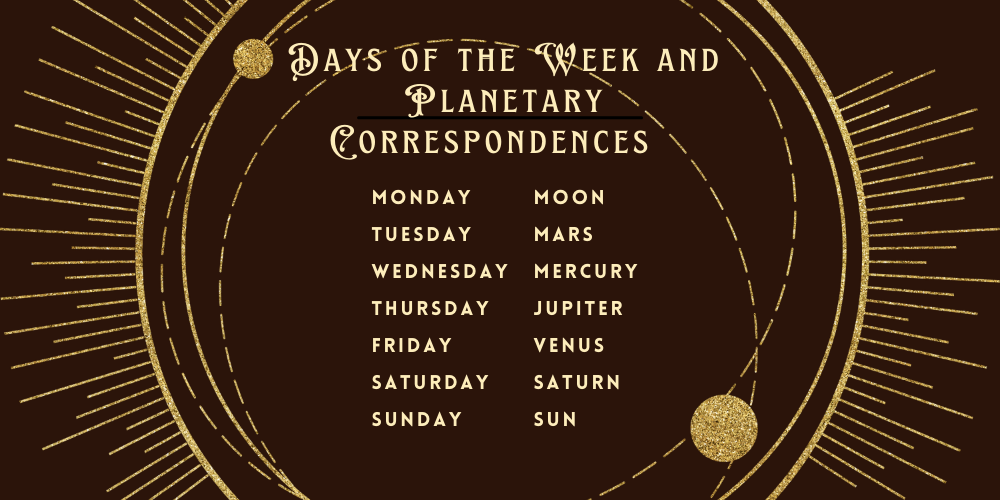
What is Herbal Astrology?
You can get complicated or start pretty simply with herbal astrology. The foundation principles are that both humans and plants (and all of nature) develop under the influence of cosmology. Astrological symbolism – the qualities and energies of different celestial (from the skies or heavens) bodies – have been reached to describe qualities of plants and disease in humans. Diagnosis and treatment is all possible based on what you can learn about someone’s astrology and what they are willing to discuss to see what is presenting for them as well as what is predetermined.
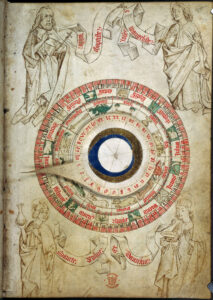 Being so ancient, there is a lot to learn about medical astrology. It’s a vast body of knowledge both beautiful and complex, but you can layer up your understanding of physical and psycho-emotional pictures with a basic understanding to start with.
Being so ancient, there is a lot to learn about medical astrology. It’s a vast body of knowledge both beautiful and complex, but you can layer up your understanding of physical and psycho-emotional pictures with a basic understanding to start with.
Astrology tries to understand the link between people and plants with the planets, the zodiac, elements of earth, air, fire and water, and enable a system to help decide what herbs would be useful and where.
When working with plants, we look at which planets or astrological bodies govern each one. Each celestial body has its own qualities, assigned by astrologers according to appearance, what was going on in the world when they were first spotted and various other factors. Based on observations, the planets were given names relating to gods that best fit with their apparent qualities and the influence they had over people and plants on Earth.
Now, onto the herbs…
Herbs are classified under planetary domains by either their qualities or by the way they act on the body. The herb thyme for example, is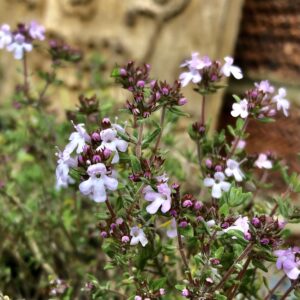 quite powerful and direct, one might connect thyme with the planet Mars. Historically speaking however, thyme was seen as ruled by Venus. Venus rules the female (specifically) reproductive system, well known in Ancient Greece for medical issues with the womb. Thyme was seen as a go-to herb for menstrual or other womb related health issues. Therefore, the herb was classified under Venus.
quite powerful and direct, one might connect thyme with the planet Mars. Historically speaking however, thyme was seen as ruled by Venus. Venus rules the female (specifically) reproductive system, well known in Ancient Greece for medical issues with the womb. Thyme was seen as a go-to herb for menstrual or other womb related health issues. Therefore, the herb was classified under Venus.
As long as you understand why herbs have been classified the way they have, you can layer up your understanding of the herbs through getting into their planetary and zodiac correspondences – that is, which qualities does the plant express and which planet or constellation does the herb most correspond to?
(If you want to know more the planets and how they can link up with the herbs and their qualities. we have a whole chapter in The Sensory Herbal Handbook)
Classification of Herbs into Planets
Folk can get very uptight about classifications of herbs but there has obviously been some shifting opinions over the years from the different ways of classifying the herbs into planets. This is also true of botany and how to classify plants into species which is changing science too. Classification was tended to be done on appearance, whereas now it’s often more to do with genetic associations as science has created new techniques to classify plants with. So, you can work with the herbs and get to know the qualities of the planets and really question to understand why a herb may be classified as one thing or another.
Astrology for Life
Bringing astrology into your herb practice has the potential to enhance your life, creating even stronger connections to the natural world. Astrology adds a dimension to your work that makes it more rich, deeper and can harvest greater results. You can get into the stories of the associated deities to the planets and why they were so named and then why that might link back to the herbs that correspond to the planet. Only one planet is named from a Greek deity over Roman gods – see if you can find out which one.
Astrology can give you a deeper understanding of yourself. Getting your birth chart done and explained can be a great place to start to get to grips with some of the principles that govern astrology. Go well into the cosmos and enjoy.
Don’t stop reading yet…!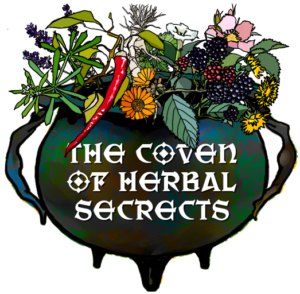
If you want to know the more about herbal and medical astrology, why not join our Coven? You’ll soon have access to our best resources while increasing your confidence and knowledge about the magic of herbs and master the art of herbal remedy creation , plus step by step guides to getting to know your plants better.
Our article on Herbal Astrology covers the topics above more in-depth, plus:
- Understanding the Basics of Astrology
- How you can apply astrology
- Planets and how they can link up with the herbs and their qualities
- Herbal Astrology for potentising remedies
- And much more!
Plants are calling YOU

